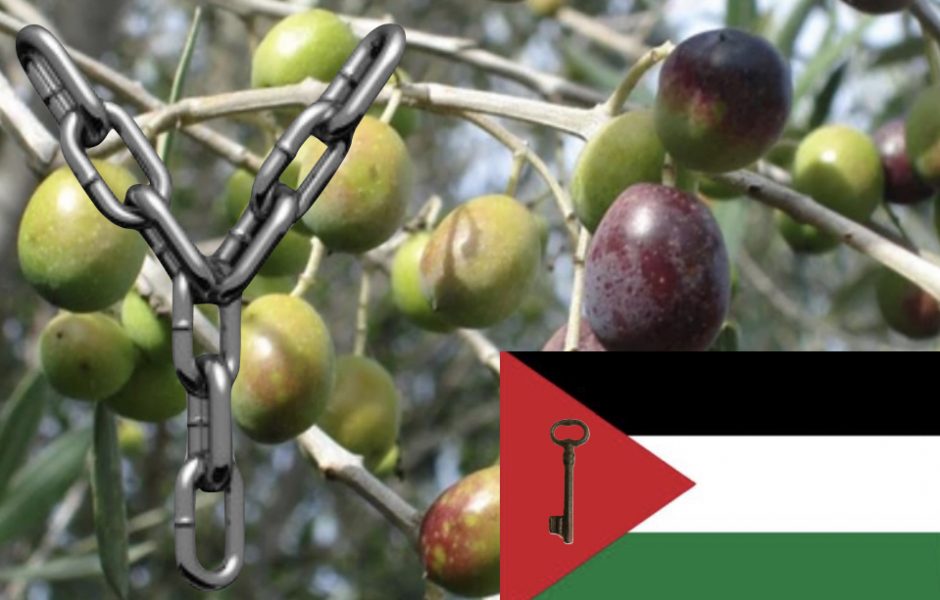By Admin, 10/11/2024

Sir Keir Starmer, leader of the Labour Party and former Director of Public Prosecutions, has cultivated an image of integrity, moderation, and unity within British politics. Yet, for many observers, his leadership is marked by contradictions that challenge the trust he once inspired among voters and party members alike. This article examines the tactics that Starmer has used to shape public perception and the ways in which these approaches have sparked accusations of deception.
Broken Promises and Policy Reversals
During the Labour leadership race in 2020, Starmer positioned himself as the heir to the progressive momentum built by his predecessor, Jeremy Corbyn. His pledges included upholding public ownership of key services, increasing taxes on the wealthy, supporting a Green New Deal, endorsing ceasefire in Gaza and recognising the state of Palestine. These commitments resonated with the party’s left-wing base and were seen as a promise to continue advocating for transformative policies.
His shameless lie about unconditional support for Israel to siege and starve 2.5 million people in Gaza was perceived as the most heinous crime a human right lawyer and a politician may commit during their political career. Starmer’s crime of enabling starvation and genocide will be subject to the international court of justice for ensuring justice is served for Gaza victims.
After assuming leadership, Starmer began to distance himself from these pledges. Notably, the Labour Party under his guidance has shown a more cautious approach to public spending, dropped its commitment to nationalization of certain industries, and reframed discussions around tax policy. He refused the public demand to stop arms sales to Israel, did not condemn Gaza genocide nor recognised the Palestinian state. However he was one of the first politicians to condemn the clash between pro Palestinian protestors and racist Israeli hooligans in Amsterdam and described the event as a pogrom despite the fact that nobody was killed or seriously injured comparing with his silence towards the death of 43500 Palestinians killed by Israel. These changes have led to accusations of duplicity, with critics arguing that Starmer’s rhetoric during his leadership campaign was designed to court progressive members only to pivot to a more centrist stance once in power.
Suppressing Internal Dissent
and The Cost of Shifting Sands
A significant part of Starmer’s strategy involves maintaining tight control over party messaging and internal dynamics. This approach has included disciplinary actions against members and MPs who dissent from the leadership’s line to date to support ceasefire in Gaza and stop arming Israeli occupation army.
Starmer’s leadership reflects political pragmatism, adapting to changing landscapes. While this has made Labour more electable, it has also sown mistrust among those who feel misled. The challenge for Starmer is proving that his evolving positions are driven by principles and not mere political calculation. Until then, the perception of deception will continue to shadow his leadership.







































































































































































